Table Of Contents
In 2025, office fit-out projects in London are more than just about creating functional workspaces—they’re a strategic investment in productivity, employee wellbeing, and sustainability. As one of the world’s leading business hubs, London presents unique challenges and opportunities when it comes to fit-out projects. Rising demand for hybrid working spaces, sustainable solutions, and high-quality designs makes planning a fit-out both exciting and complex.
In London’s competitive market, managing costs is essential. Fit-out expenses are influenced by many factors. They include material and labour costs, post-Brexit supply chain issues, and a greater focus on tech. For businesses in the capital, understanding these cost drivers and setting a realistic budget are critical steps to achieving a successful outcome.
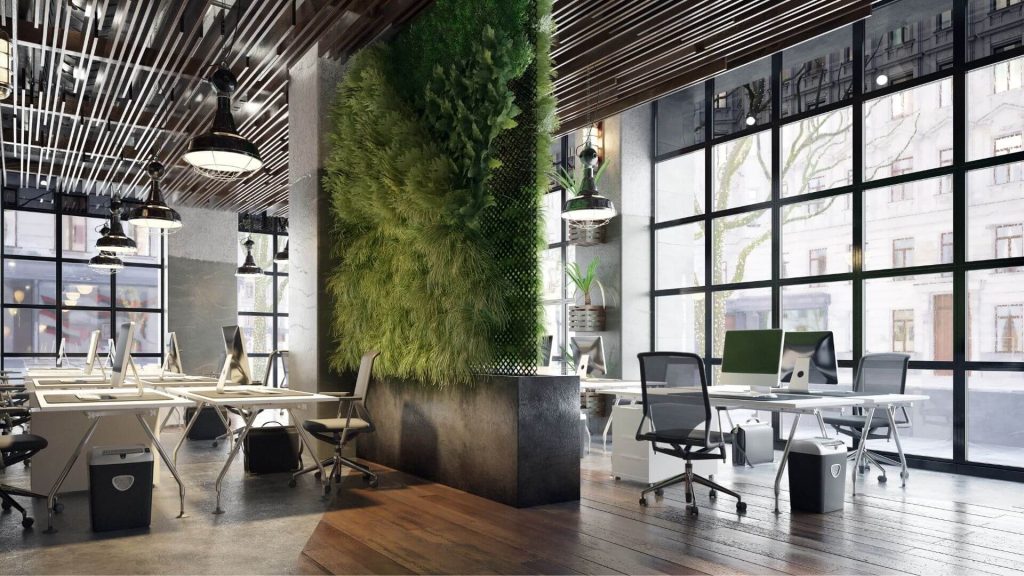
This guide delves into the factors shaping office fit-out costs in London for 2025, offering insights into cost ranges, hidden expenses, and practical strategies for saving money. Whether you’re refreshing a small office or planning a large-scale project, this overview will help you approach your fit-out with confidence and clarity.
Key Drivers Behind the Cost of Office Fit-Out in London in 2025
Office fit-out costs in London are influenced by various factors, many of which are unique to the city’s dynamic business environment. As we approach 2025, shifting workplace trends, global economic pressures, and local market conditions are all contributing to rising costs. Here’s a closer look at the key factors driving these changes:
Health-Focused Designs Post-Pandemic
The COVID-19 pandemic has changed office designs for good. There is now a greater focus on health and well-being. By 2025, businesses will seek better ventilation, touchless technology, and anti-microbial materials. These health upgrades are vital for safer workplaces. But, they often cost more.
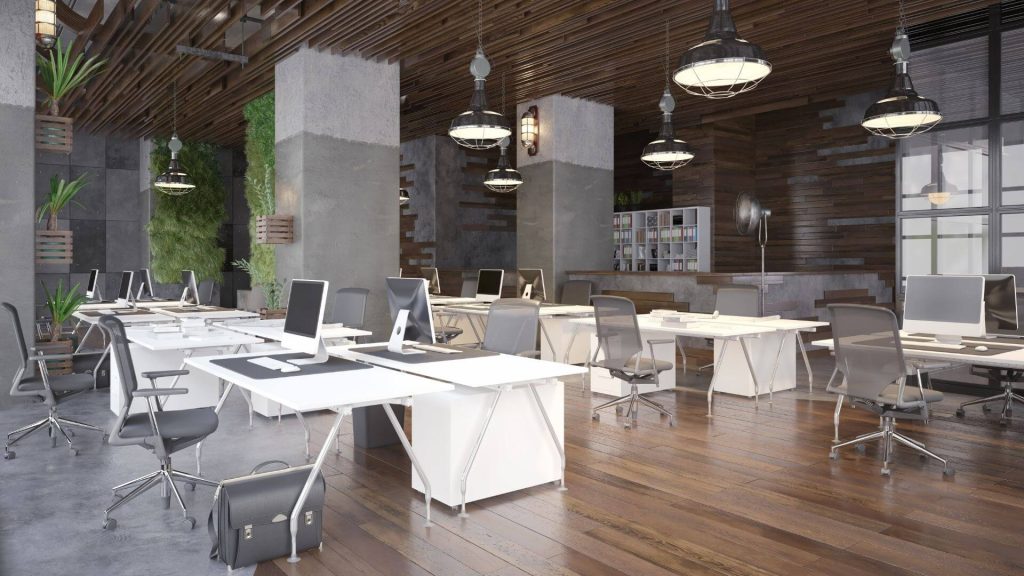
A report from the British Council for Offices (BCO) says that employees want healthier environments. This is forcing companies to spend more on these features. So, fit-out projects in London must incorporate these upgrades. They are needed to meet evolving workforce expectations.
Demand for Flexible, Hybrid Workspaces
Hybrid working models are now the norm, and they’re reshaping how offices are used. Companies are moving from fixed-desk layouts to flexible spaces. They want to support collaboration, quiet work, and remote connectivity. Recent studies show that 72% of London businesses will redesign their offices for hybrid work by 2025.
Creating adaptable spaces often demands a hefty investment. This includes costs for modular furniture, video conferencing technology, and versatile rooms. These are crucial for modern offices but can also hike up setup costs.
Rising Costs of Urban Construction in London
London’s status as a global financial hub offers both chances and risks for office fit-outs. The city’s high property prices and labour costs raise expenses. So do its logistical challenges. Brexit has worsened supply chains. Materials from Europe now have higher tariffs and longer delivery times.
Additionally, sustainability is now a necessity in London’s construction sector. More businesses are seeking BREEAM or WELL certifications. These require eco-friendly materials and energy-efficient systems. Such additions support social responsibility goals. However, they also raise the overall budget for fit-out projects.
Office Fit-Out Categories: What Are You Paying For?
You must know your planned fit-out to manage costs. In London, fit-out projects fall into three categories: Shell & Core, Cat A, and Cat B. Each has its own features, benefits, and costs. Here’s a breakdown of what you’re paying for with each type:
Shell & Core
A Shell & Core fit-out delivers the building’s bare structure. It leaves the interior completely unfinished. This type is often chosen for big projects. Businesses want maximum flexibility to customise every detail later. Shell & Core has low initial costs. It excludes interior finishes such as flooring, partitions, and lighting.
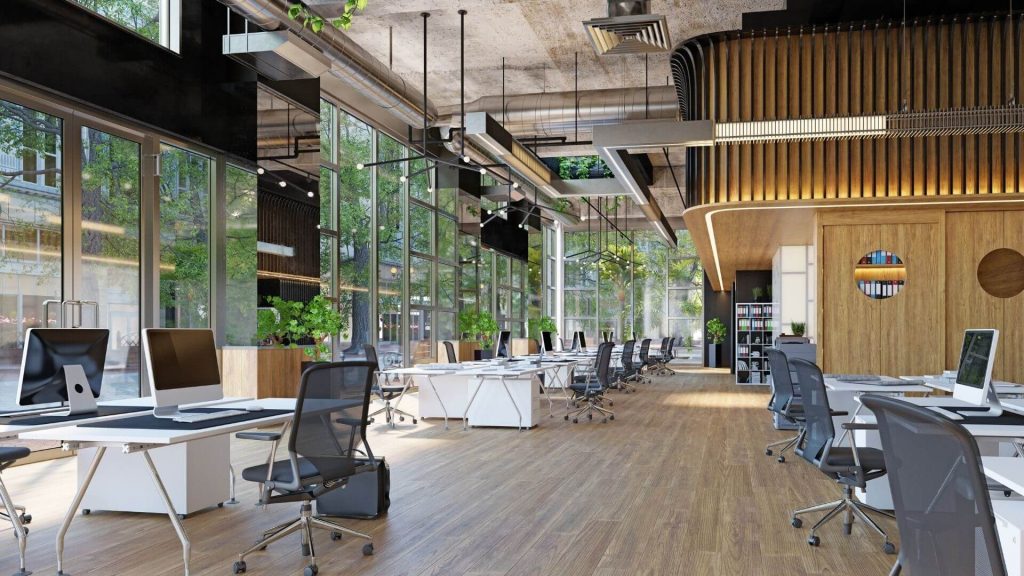
This method provides a fresh start. However, businesses should be aware of the high costs later on. In London, Shell & Core is a favourite. It’s popular among retailers and large offices wanting custom designs. But, it requires careful budget planning.
Cat A Fit-Out
Cat A fit-outs take the space further. They include basic finishes: raised floors, suspended ceilings, and essential M&E systems. The space is “move-in ready.” But, it lacks any branding or design that reflects the business’s personality.
Cat A fit-outs are common in speculative office developments. Here, landlords prepare the space for leasing. For tenants, it’s a practical beginning. However, they also need to invest in a Cat B fit-out for a personalised space. In London, Cat A projects usually cost more than Shell & Core. Yet, they offer a more complete foundation.
Cat B Fit-Out
Cat B fit-outs are the most comprehensive. They turn a blank or basic space into a fully designed and branded workplace. This stage includes custom designs like partition walls and furniture. It has breakout areas and integrated tech, like AV systems.
Cat B fit-outs allow businesses to reflect their culture and identity in the design. While the costs are higher due to the level of personalisation and high-quality materials, they’re essential for companies that want a workplace tailored to their needs. In London, where competition for talent is fierce, a well-designed Cat B fit-out can be a critical factor in attracting and retaining employees.
Innovative Approaches to Reducing Fit-Out Costs
Managing office fit-out costs in London requires creativity and careful planning. With rising material and labour costs, businesses must cut costs. They must also maintain quality. Here are some practical tips to stay within budget:
Embrace Flexible and Modular Furniture
Investing in modular furniture is a smart, cost-effective way to future-proof your office. These flexible pieces, like adjustable desks and movable partitions, adapt as your business grows. Instead of a full redesign, you can simply rearrange existing furniture to meet new needs.
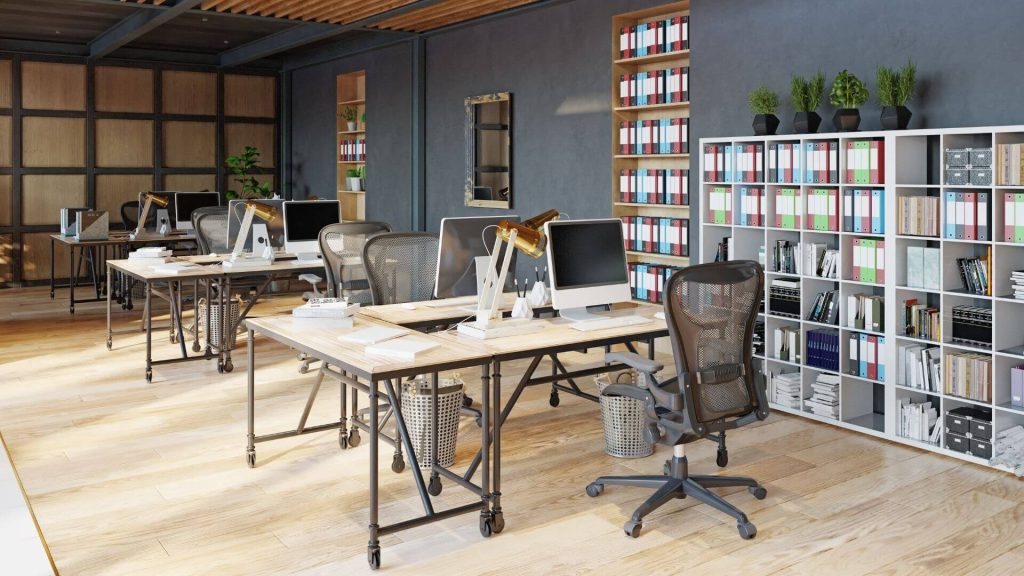
In London, where space is scarce and costly, flexible designs make the most of every square metre. Multi-functional areas cut the need for extra rooms and keep your team productive.
Invest in Energy Efficiency
Energy-efficient upgrades might seem costly at first, but they save money in the long run. LED bulbs, smart thermostats and modern HVAC systems slash energy costs. These upgrades lower monthly costs and improve home efficiency. Smart homeowners enjoy reduced bills from these investments. Moreover, they also support sustainability goals. This is vital in London’s business scene.
There are also government incentives for green building upgrades. They can offset some of the upfront costs. Over time, the savings on utilities make these investments well worth it.
Simplify Processes with a Single Contractor
Hiring one design-build contractor cuts costs. It also simplifies communication, speeds up decisions, and reduces mistakes. This approach helps avoid delays, keeping your project on time and budget.
Tools like Building Information Modeling (BIM) can improve this process. BIM allows for precise planning. It prevents unexpected construction costs by catching issues early.
Repurpose and Source Locally
Using existing furniture and materials saves money. For example, old desks and chairs can be refurbished. Reclaimed wood also makes great decorations. This method cuts costs and adds unique character to your workspace.
Sourcing materials locally reduces transportation costs and avoids import tariffs. It also ensures quicker deliveries. In a busy city like London, this approach saves time and money.
Partnering with SEI for Office Fit-Out Excellence
Choosing the right partner for your London office fit-out is key. At SEI, we understand the need to balance budgets, timelines, and expectations. Our goal is to create high-quality office spaces. We aim to simplify the fit-out process and ensure your project’s success.
Tailored Solutions for London Businesses
Every business is unique. We design spaces that reflect your brand and culture. Whether you need a modern office or a flexible hybrid space, SEI collaborates with you to meet your goals. Our process is personalised, ensuring each design element supports your business.
In London’s competitive market, it’s essential to create an environment that not only attracts top talent but also supports your team’s productivity and well-being. SEI combines functionality with aesthetics to create spaces that inspire and engage, all while keeping your budget in mind.
Sustainable and Future-Ready Designs
Sustainability is key to our projects. We use eco-friendly materials, boost energy efficiency, and cut waste. As London businesses go green, SEI keeps you ahead. We align with your environmental goals.
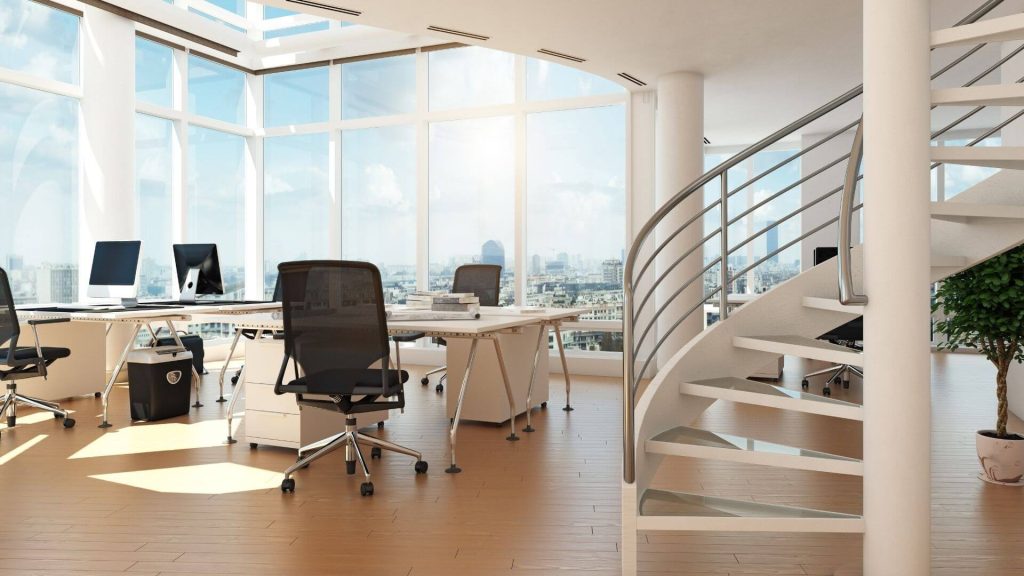
Moreover, our designs cater to future workplace needs. SEI offers modular furniture and technology. This helps your office adapt to evolving work trends.
Cost Management and Value Engineering
We manage costs well while keeping quality. Our value engineering finds savings at each project stage. This involves sourcing top materials at low prices, streamlining processes, and using resources efficiently.
Our experience in London’s fit-out market means we’re well-versed in overcoming common challenges such as supply chain delays, rising labour costs, and regulatory requirements. With SEI as your partner, you can be confident that your project will be delivered on time and within budget.
Endnote
To plan a 2025 office fit-out in London, you need a clear strategy. Also, you must understand the challenges. These challenges include rising material costs, labour shortages, and a need for hybrid and sustainable workspaces. Such factors make the market more competitive. Yet, with careful planning and a good partner, you can turn these challenges into opportunities. Use innovative cost-saving methods to help. This approach leads to inspiring and functional office spaces.
At SEI, we do more than design offices. We create spaces that reflect your values, boost employee well-being, and match modern trends. Our approach mixes sustainability, flexibility, and design. This way, we create office fit-outs that are both future-proof and customised for you.
Whether you want a simple Shell & Core fit-out or a custom Cat B project, SEI is here to help. We know the London market. It guarantees your investment is worthwhile, timely, and cost-effective.
Let SEI be your trusted partner for your next office fit-out. Together, we’ll create a workspace that inspires your team, meets your goals, and stands out in London’s fast-paced business world.



